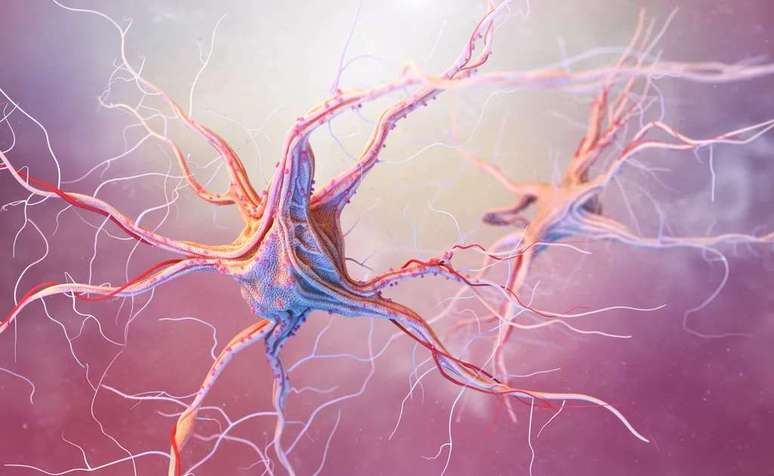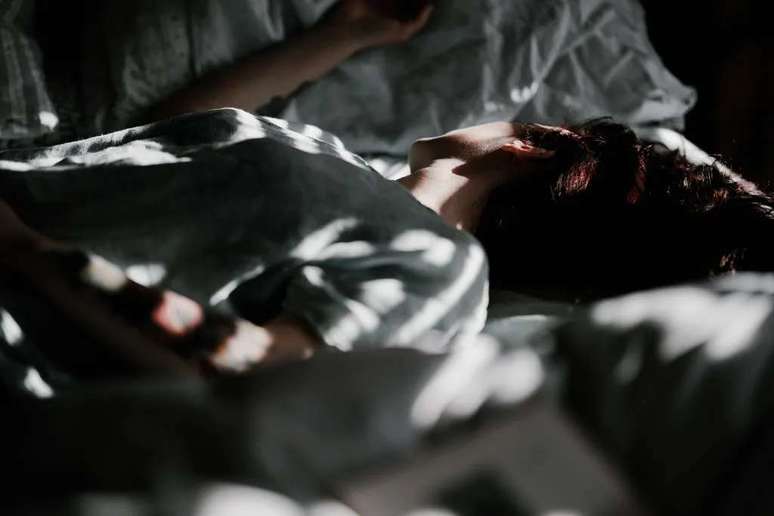Scientists have uncovered the system that causes sleep problems in heart patients
A direct link has been found between patients with heart problems and sleep disturbances. Science already knew that heart disease caused problems at bedtime, but the mechanisms behind this association were unknown – it is now being revealed in an analysis of human and mouse tissues, published last Thursday (20) in the scientific journal science.
html[data-range=”xlarge”] figure image img.img-c2b0356d315b147d0d975c9672e3a702pfke1tvj { width: 774px; height: 436px; }HTML[data-range=”large”] figure image img.img-c2b0356d315b147d0d975c9672e3a702pfke1tvj { width: 548px; height: 308px; }HTML[data-range=”small”] figure image img.img-c2b0356d315b147d0d975c9672e3a702pfke1tvj, html[data-range=”medium”] figure image img.img-c2b0356d315b147d0d975c9672e3a702pfke1tvj { width: 564px; height: 317px; }HTML[data-range=”small”] .article__image-embed, html[data-range=”medium”] .article__image-embed { width: 564px; margin: auto 0 30px; }
- Single men have a higher risk of death from heart failure
- Extreme weather conditions can lead to heart failure, according to a study
- Scientists are getting closer to solving insomnia
According to research, heart disease can disrupt the brain’s production of melatonin, the sleep hormone, by affecting a group of nerves that connect to both organs. This group is called the superior cervical ganglion (GCS), it is found in the neck and is part of the autonomic nervous system, which regulates involuntary processes in the body, such as breathing and heart rate.

Because the GCS nerves connect to both the heart and the pineal gland, the brain structure that produces it melatoninheart ailments may explain the failures to produce the substance, which induces sleep when released following exposure to the dark.
Heart, brain and sleep
For ease of visualization, lead author of the research, Stefan Engelhardt, likens the system to an electrical distribution box: a problem in one wire can end up causing a fire, which in turn spreads to another wire. This is pretty much how a heart problem ends up affecting the pineal gland and sleep. With the discovery, new therapeutic strategies can be implemented cure insomnia and other sleep disorders caused by the heart and GCS.
Sleep disturbances are common side effects of heart problems. About 73% of people with heart failure, for example, have it trouble sleeping. Previous research has already shown reduced levels of melatonin in heart patients, although the mechanism that caused this was not yet known.

To find out the link, brain tissue samples from deceased patients and people with heart problems were analyzed. This revealed fewer nerve fibers, or axons, in the GCS of heart patients compared to those with healthy hearts. The GCS in the heart disorder group was also larger and had multiple scars.
In further experiments with mice, it was found that immune cells known as macrophages, which “gobble up” dead and damaged cells, were present in the cervical ganglia of rodents with heart disease, and their nerves also showed signs of inflammation and scarring. There were also fewer axons present in their pineal glands and less melatonin in their blood compared to healthy mice.
Another important point in the animals is that their circadian rhythms, i.e. the diurnal and nocturnal regulatory processes in the body, were disturbed, as shown by their metabolic rates and activity levels. When doses of melatonin were given, the mice completely reversed these ailments, and when drugs were used to destroy the macrophages of their GCS, melatonin levels were restored as well.

Since the research was only conducted in mice and 16 humans, more in-depth studies will be needed to find out how immune cells end up reaching the GCS. The authors already plan to study the nerve cells that connect the heart to the spinal cord, as well as cytokines, messenger proteins that call macrophages to action.
Even so, the discovery already represents good news for heart disease, which may have more specific treatments and successful, using melatonin, for example, without having to deal with the adverse effects of other sleep medications.
Source: Science/heart disease
Trending on Canaltech:
- Barbie │ What are the cinematic combos for the film in Brazil
- Artificial intelligence could help diagnose autism spectrum disorder
- Prime Video releases in the week (07/20/2023)
- Poco M6 Pro 5G should be the rebranded version of Redmi Note 12R
- Oppenheimer | Compare the cast of the movie to real people
- Galaxy Watch gets support for WhatsApp, Samsung Wallet and Thermo Check
Source: Terra
Ben Stock is a lifestyle journalist and author at Gossipify. He writes about topics such as health, wellness, travel, food and home decor. He provides practical advice and inspiration to improve well-being, keeps readers up to date with latest lifestyle news and trends, known for his engaging writing style, in-depth analysis and unique perspectives.









